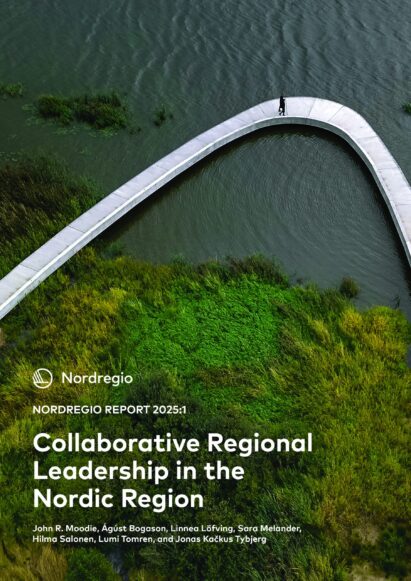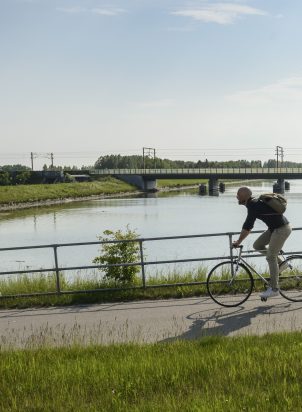As regional challenges grow increasingly complex, successful collaboration becomes more vital. This report investigates the drivers, obstacles, and enablers of collaborative leadership, essential for addressing regional socio-economic challenges and fostering sustainable development in the Nordic region.
This results of this report are grounded in the cooperative work of Nordic Thematic Group for Green, Innovative and Resilient Regions 2021-2024.
Our research expands the concept of collaborative regional leadership, narrowing the focus on how regional institutions and stakeholders practically work together both currently and, in the future, to develop more effective policies, implement strategies, and drive forward ambitious projects.
The study identifies factors that either enable or hinder collaboration and proposes a new model for fostering long-term, sustainable partnerships. Using data from a Nordic-wide survey and four in-depth case studies, the report zooms in on:
- Denmark’s Coast to Coast Climate Challenge, a project fostering climate adaptation through municipal cooperation.
- Finland’s Greenreality Network, where energy sector businesses catalyze regional economic growth.
- Åland’s Grit:lab, an innovative tech education initiative.
- Iceland’s Telemedicine Program, which improved healthcare access in remote areas.
The research reveals that what often triggers collaboration – crisis, shared regional challenges, and policy shifts – there are critical common factors that frequently curb progress – limited resources, weak leadership, and fragmented policy frameworks.
Successful collaborations rely on strong networks, clear leadership, and a culture of cooperation. Our findings emphasize the value of engaging diverse stakeholders and fostering trust to achieve sustainable outcomes.
This report’s recommendations include creating long-term platforms for regional collaboration and investing in leadership development to strengthen multi-stakeholder initiatives. By synthesizing the experiences of Nordic regions, this report provides a practical framework for building resilient, collaborative ecosystems that support both regional development and the broader Nordic Vision 2030.













